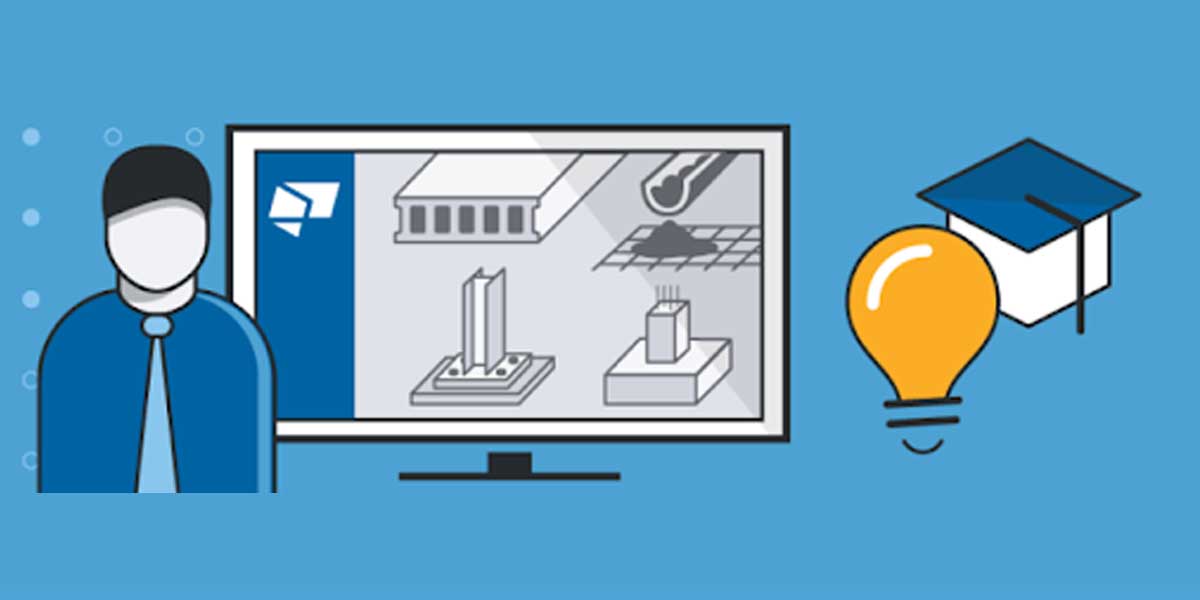The construction industry in India is currently undergoing a significant transformation driven by the adoption of affordable digitalisation. This shift towards digitalisation is not a passing trend but rather a profound change that promises to enhance efficiency, accuracy, and sustainability within an industry that plays a crucial role in India's economic development. Digital tools are revolutionising the way construction projects are designed, planned, and executed, leading to reduced errors, and delays, and improved communication among project stakeholders. This, in turn, results in cost savings, faster project completion, and higher overall quality. Over the next three years (2023-2026), the Indian construction sector is expected to experience robust growth with a 6.0 per cent Compound Annual Growth Rate (CAGR), driven in parallel with advancements in B2B e-commerce.
A wide array of cutting-edge technologies, such as constructible Building Information Modeling (BIM), scanners, drones, robotics, IoT-enabled devices, and HoloLens, are spearheading this digital transformation in the construction industry. These technologies offer the potential to accelerate the full digitalisation of construction workflows and processes, leading to improved project delivery efficiency, profitability, and reduced environmental impact. Companies like Trimble are at the forefront of providing technology solutions that cover the entire construction lifecycle, from design and prefabrication to construction and post-construction monitoring, making the entire process cost-effective, materials-efficient, and sustainable.

Historically, the construction industry has been slow to embrace digitalisation, primarily due to misconceptions about its cost and the initial investment required. To address these concerns, Trimble has introduced a subscription model that allows construction companies to access state-of-the-art digital construction solutions without the significant upfront costs associated with purchasing and integrating new software or hardware into their workflows. This subscription model has substantially reduced the barriers to entry, making digitalisation accessible and affordable for a wider range of construction companies.
Another challenge hindering the adoption of technology in the construction industry has been the perceived complexity of some of these technologies, requiring specialised knowledge and training to operate effectively. However, technology vendors, including Trimble, now offer comprehensive training programs to bridge this knowledge gap and facilitate a smooth transition to automated systems. The company’s subscription model not only lowers the initial investment cost but also provides hands-on training opportunities through a network of Authorised Training Centers and direct training by the staff.
Nevertheless, as with any major paradigm shift, the industry must carefully navigate the challenges associated with implementation and adoption. The introduction of automation technologies demands both capital investment and training, necessitating a thorough evaluation of potential costs and benefits. The tech company addresses this by offering free product trials, enabling customers to test and assess the software's suitability for their specific needs before committing to an investment.
The company understands that investing in software goes beyond monetary transactions; it's about transforming processes and enhancing productivity. Through a 30-day free product trial of their Tekla software, potential users can gain practical experience with Trimble's advanced solutions, allowing firms to evaluate their effectiveness in real-world scenarios. This trial period allows them to assess functionality, and performance, and witness firsthand how the software contributes to increased accuracy and overall job efficiency.
By offering these free product trials, Trimble encourages smarter decision-making and optimised outcomes, ultimately contributing to the advancement of India's infrastructure




















